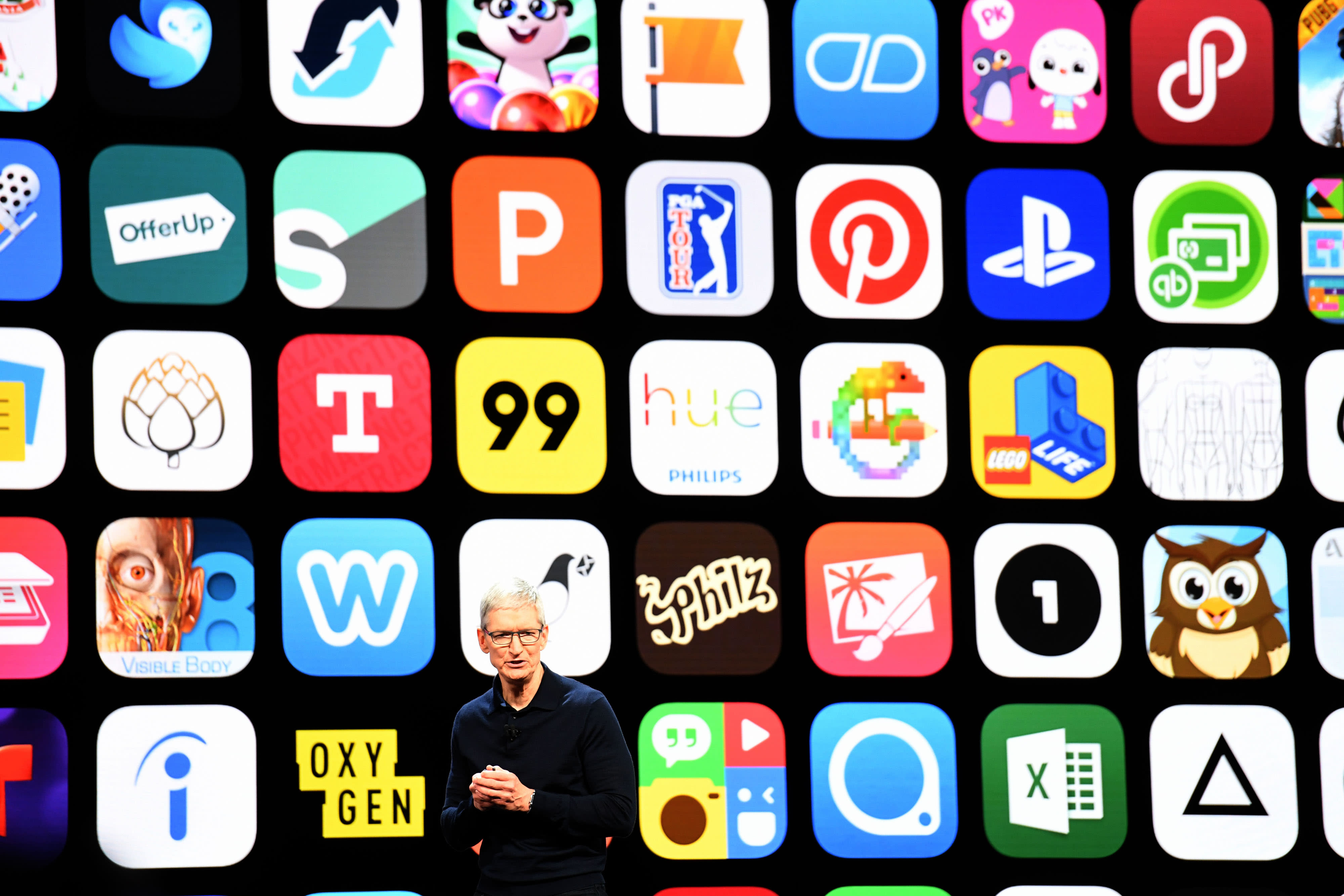The Arizona House of Representatives voted 31-29 on Wednesday to pass a bill that will require app stores to allow app makers to use their own payment processing software, avoiding fees charged by Apple and Google.
The vote is a setback for Apple, which opposed it, and a victory for Coalition for App Fairness, a group that represents app makers dissatisfied with the app stores that supported the project.
The legislation still has many challenges to overcome before it becomes state law. First, the Arizona Senate must discuss and approve the legislation. Then, Arizona governor Doug Ducey would have the option of vetoing the bill. If it becomes law, Arizona will have to deal with issues, including how Apple or Google will act accordingly, or whether it would be questioned in court.
The vote comes weeks after the North Dakota state senate voted against passing a similar bill.
The Arizona bill, HB 2005, targeted Apple’s fees by requiring companies that run app stores with more than a million downloads a year to allow apps to offer alternative payment processors, allowing developers to avoid fees that vary from 15% to 30%. The law applies to businesses and users in Arizona.
Although the project does not specify any company, it was clearly aimed at Apple’s App Store, which approves any application running on iPhones, and the Google Play application store for Android phones, which gets 30% of sales of digital products from Android apps. . The discussion of the bill at the Casa do Arizona focused mainly on Apple, with some discussions about Google. Digital software stores are free of charge for game consoles or music players.
“I think they have a monopoly on the market now,” said Republican state deputy Regina Cobb, who sponsored the project. “There’s no one here who doesn’t have a Google Android or Apple phone, I guarantee it.”
Other lawmakers have opposed the bill for other reasons, including a hasty lawsuit, questions about whether it is a federal issue and a concern that the legislation would be challenged in federal court because it could conflict with the United States constitution.
“Arizona has no interest in this fight,” said Arizona State Democratic deputy Diego Rodriguez. “We don’t have a dog in this fight, what we need to do is focus on policies that are protecting consumers. This law does not protect consumers, it protects a $ 1 billion company from another billion-dollar company.”
Apple objected to the Arizona bill, and Kyle Andeer, Apple’s chief compliance officer, said at a hearing last week that this amounts to a “government order for Apple to deliver the App Store”.
“This would allow billion-dollar developers to take all the value out of the App Store for free – even if they were selling digital products, even if they were making millions or even billions of dollars from it,” said Andeer.
Apple and Google representatives declined to comment.
The Arizona bill is the latest effort to regulate Apple’s App Store, which has been criticized for its strict rules and fees for digital purchases, which some software makers consider unfair and anti-competitive.
State legislatures have become a battleground and similar legislation is being considered in states like Georgia and Minnesota.
The Arizona project was supported by the Coalition for App Fairness, which includes software companies like Spotify, Match Group and Epic Games, who were angered by Apple’s control over their App Store and want Apple to cut their fees, open iPhones for alternative app stores and allow for alternative payment processes.
“Coalition for App Fairness is pleased to see HB 2005 approved by the House, which will encourage business innovation in Arizona and protect consumer choice. While this is a cause for celebration, it is only a first step towards reaching a field of truly level playing for everything, “said Meghan DiMuzio, executive director of the Coalition for App Fairness.
Last year, Epic Games opened antitrust lawsuits against Apple and Google that are currently working in the courts, focusing on many of the same issues, such as giving software manufacturers the option of using their own payment processor.
In October, the House Judiciary Subcommittee released a report that said Apple has “monopoly power” over iPhone applications, which it uses to generate exaggerated profits.
In 2019, the Supreme Court ruled 5-4 against Apple in a case that opened up the possibility of consumer lawsuits against the Apple app store for allegedly inflating app prices.
The scrutiny appears to be affecting Apple’s App Store policies. At the end of last year, Apple launched a new program that reduced the App Store sales rate from 30% to 15% for companies that earn less than $ 1 million a year on the App Store, meeting some complaints.
